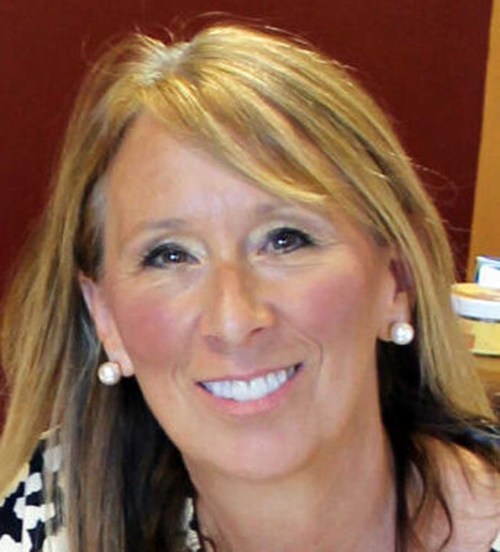A new police station will be on the May ballot for Milton-Freewater voters
Published 2:00 pm Wednesday, February 10, 2021

- Hall
MILTON-FREEWATER — Voters in Milton-Freewater will have the opportunity to consider approving a new city police station in May.
Milton-Freewater City Council members voted unanimously on Monday, Feb. 8, to put a $7.7 million general obligation bond on the upcoming ballot.
If approved, the money will come from property taxes, about $7.25 a month per $100,000 of assessed property value, officials said.
The story of why Milton-Freewater could use a new station goes back about 100 years.
That’s how long the city’s police department has operated in the basement of Milton-Freewater City Hall on South Main Street, once the town of Milton bought the former Columbia College in 1929.
The basement has been called a “rabbit warren” of boxy, shotgun-style rooms with little to no natural light in much of the station. The addition of security measures and technology has reduced usable square footage even more.
The same could be said of the station’s heating and cooling, although that recently failed, leaving the basement without heat for the cold snap predicted this week, City Manager Linda Hall told council members.
For more than 20 years, officials have pondered building a station on a 16,500-square-foot, city-owned lot across Columbia Street, which runs behind Main Street facing city hall.
In October 2020, the city hired Portland-based FFA Architecture & Interiors to do an early concept design.
FFA staff members John Pete and Ian Gelbrich presented working blueprints, based on staff and space needs, plus the surrounding neighborhood and countryside on Feb. 8.
The proposed station would be about 7,200 square feet and would house Milton-Freewater Police patrol officers and 911 dispatchers. The building would include conference and report-taking rooms, two holding cells, offices, evidence rooms, a public lobby, a break room, interview spaces and training areas.
It will also be seismically sound, set up for modern technology, accessible to those using mobility devices, and provide privacy and safety for residents to attend to police business.
Although the COVID-19 pandemic has caused a jump in building material prices, it similarly caused a project slowdown, meaning labor costs are currently lower, Pete said, noting the bond amount is adjusted for a possible 4% cost escalation.
Public safety buildings cost more than equally sized construction due to the need for them to be seismically sound, house back-up generators and create secure spaces, he told council members.
The single-story station’s roof is designed to blend with nearby residences and echo the foothills of the Blue Mountains, the FFA architects said.
As well, the preliminary design mimics the open front of the public library, adjacent to Milton-Freewater City Hall. That station’s exterior brick and metal cladding would pay homage to its city hall sibling.
The potential build site is small and has an uneven perimeter, but would still allow for covered patrol car parking, green spaces and a sally port for security.
As proposed, the station is simple and efficient, Gelbrich said.
“Your staff was really good about not asking for the moon,” he said.
One clear need to to give the police department a way to present in a more personable way than the current situation. In their basement quarters, dispatchers act as report takers and receptionists behind an opaque screen. That leaves people who are “probably not having their best day” without a human face to interact with, Pete said.
Data shows access to daylight and outside views increases staff productivity and reduces absenteeism, he said.
Hall reminded council members that now is a favorable time to sell bonds due to interest rates being at a historic low, about 3%.
There have been very few times in recorded history where borrowing money has been cheaper, said Matthew Donahue, a vice president with D.A. Davidson & Co. brokerage firm, which contracts with the city for financial consultation.
Such low interest rates mean Milton-Freewater can get a lot of bang for the buck, Donahue said.
“People are trying to get in and do projects under these conditions.”
Council member Ed Chesnut agreed.
“There’s never an ideal time to go out for a bond, but it will never be cheaper,” he said.
The $7.7 million proposal will be on the May 18 ballot, Hall said.









